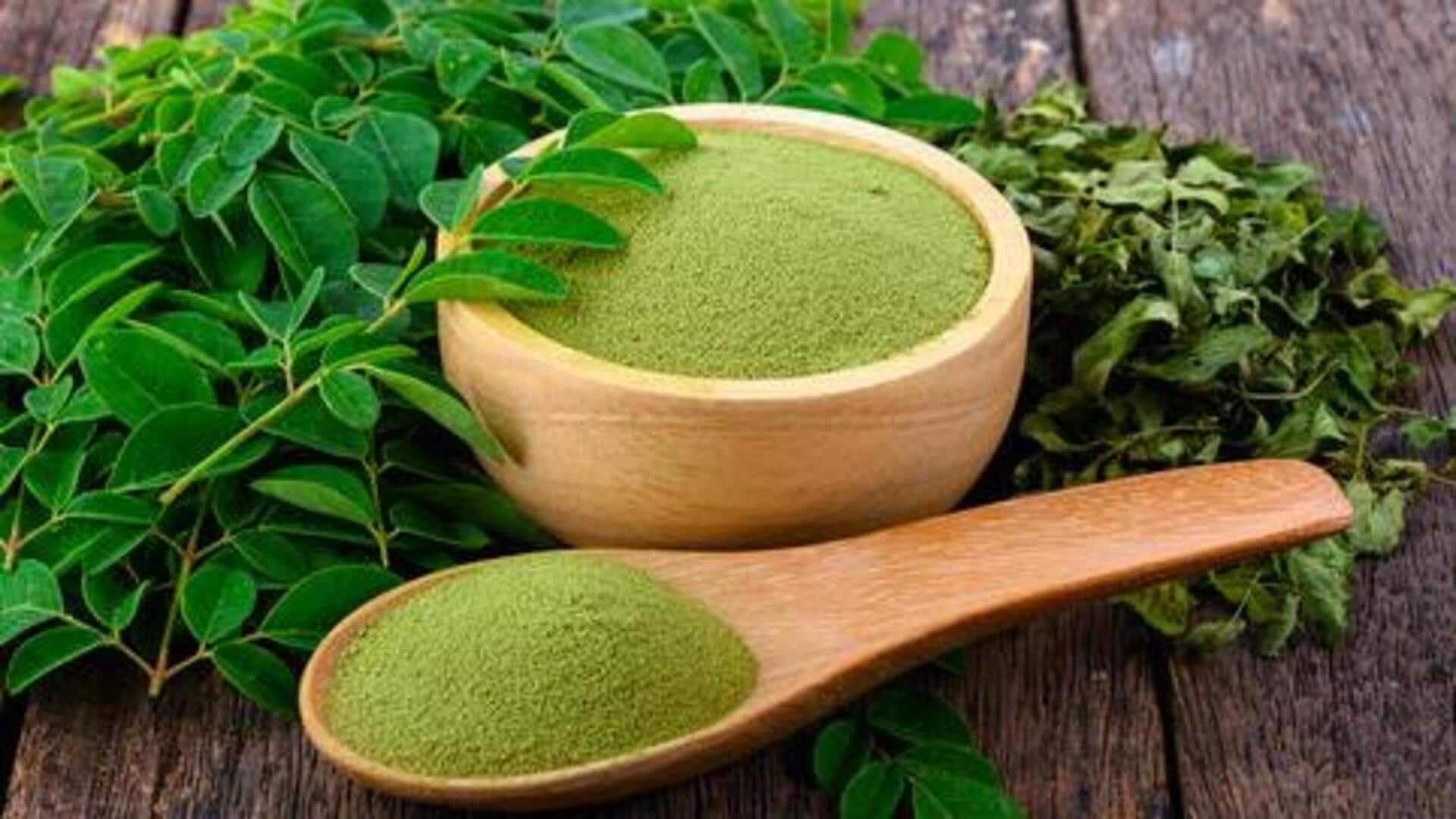
Why moringa is great for your skin
What's the story
Moringa, a plant native to Africa, is known for its nutritional benefits. The leaves are packed with vitamins and minerals that can benefit skin health. The antioxidants and nutrients in moringa leaves can help keep your skin healthy and glowing. Here are five ways moringa leaves can benefit your skin, and how you can use them for a natural skincare routine.
Tip 1
Rich in antioxidants
Moringa leaves are loaded with antioxidants like vitamin C and beta-carotene. These antioxidants fight free radicals that cause skin damage and premature aging. By adding moringa to your diet or skincare routine, you can protect your skin from environmental stressors and maintain a youthful appearance.
Tip 2
Supports collagen production
The vitamin C content in moringa leaves is essential for collagen production. Collagen is a protein that keeps the skin firm and elastic. By consuming moringa or applying it topically, you can promote collagen synthesis, which helps reduce the appearance of fine lines and wrinkles.
Tip 3
Anti-inflammatory properties
Moringa leaves also contain anti-inflammatory compounds that can help reduce redness and swelling on the skin. These properties make them ideal for people with sensitive or acne-prone skin. Using moringa-based products may soothe irritated skin and promote an even complexion.
Tip 4
Hydrates the skin
Moringa leaves are high in fatty acids, such as oleic acid, which help lock moisture into the skin. This keeps the skin from drying out and makes it soft to touch. Using moringa-infused oils or creams can be especially helpful during the colder months when the skin tends to dry out.
Tip 5
Enhances skin elasticity
The high levels of zinc in moringa leaves contribute to enhancing skin elasticity by supporting cell regeneration and repair processes. Regular consumption of moringa can lead to firmer, more resilient skin over time without the need for harsh chemicals or treatments.